-
 bitcoin
bitcoin $87959.907984 USD
1.34% -
 ethereum
ethereum $2920.497338 USD
3.04% -
 tether
tether $0.999775 USD
0.00% -
 xrp
xrp $2.237324 USD
8.12% -
 bnb
bnb $860.243768 USD
0.90% -
 solana
solana $138.089498 USD
5.43% -
 usd-coin
usd-coin $0.999807 USD
0.01% -
 tron
tron $0.272801 USD
-1.53% -
 dogecoin
dogecoin $0.150904 USD
2.96% -
 cardano
cardano $0.421635 USD
1.97% -
 hyperliquid
hyperliquid $32.152445 USD
2.23% -
 bitcoin-cash
bitcoin-cash $533.301069 USD
-1.94% -
 chainlink
chainlink $12.953417 USD
2.68% -
 unus-sed-leo
unus-sed-leo $9.535951 USD
0.73% -
 zcash
zcash $521.483386 USD
-2.87%
What happens when a Kraken futures contract expires?
When a Kraken futures contract expires, it’s automatically cash-settled using a time-weighted average price, so no physical crypto changes hands—just profits or losses hit your wallet.
Jul 25, 2025 at 09:56 am
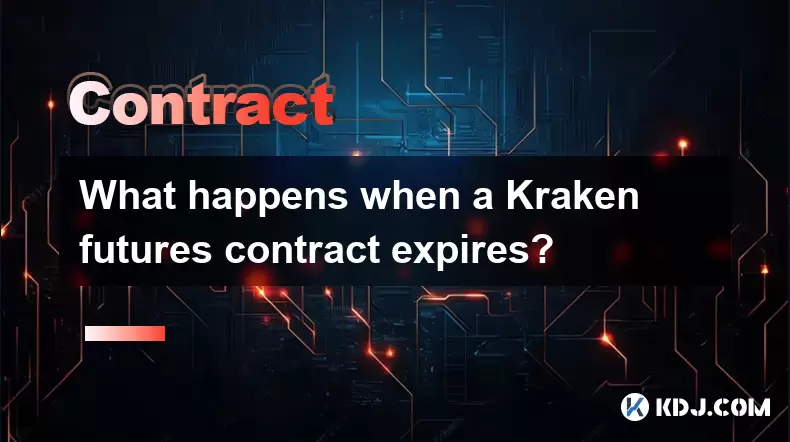
Understanding Kraken Futures Contract Expiration
When a Kraken futures contract expires, the agreement between the buyer and seller comes to a close. Unlike spot trading, futures contracts are time-bound and must be settled by a specific date. At expiration, Kraken automatically settles the position based on the final mark price, which is typically derived from the underlying asset’s spot price over a defined period before expiry. This process ensures fairness and minimizes manipulation risk. If you hold a position past the expiration time, Kraken will not allow you to extend it—your contract is closed and settled in cash, not by delivering the physical asset.
What Is Cash Settlement on Kraken?
Futures contracts on Kraken are cash-settled, meaning no actual cryptocurrency changes hands. Instead, the difference between the entry price and the final settlement price is calculated and credited or debited from your account. For example, if you bought a BTCUSD futures contract at $30,000 and the final settlement price is $32,000, Kraken will credit your account with $2,000 in USD. Conversely, if the price drops to $28,000, $2,000 will be deducted. This mechanism applies regardless of whether you held a long or short position. Importantly, all gains or losses are reflected instantly in your futures wallet balance after the contract expires.
How to Prepare for Expiration: Step-by-Step Actions
To avoid unexpected outcomes, users must take deliberate steps before expiration:
- Check the contract expiry date: Navigate to the futures trading page and review the 'Expiry' column for your open positions.
- Decide whether to close manually: If you don’t want automatic settlement, close your position before the expiry time.
- Monitor your margin balance: Ensure sufficient margin remains to cover potential losses during settlement.
- Review open orders: Cancel any limit or stop orders tied to the expiring contract to prevent unintended trades.
- Verify your futures wallet balance: After settlement, check if funds were correctly credited or debited based on your P&L.
Each of these actions must be completed manually—Kraken does not warn users individually about upcoming expiries, so proactive monitoring is essential.
What Happens If You Hold Through Expiry?
If you hold a position until expiration, Kraken will execute a forced close at the final mark price. This is not a liquidation—it’s a standard settlement. No fees are charged for this automatic process. However, if your account lacks sufficient margin to cover a loss, Kraken may trigger a margin call or draw from your available balance in the futures wallet. In extreme cases, negative balances can occur, and Kraken may require you to deposit funds to restore the balance to zero. This scenario is rare but possible during high volatility.Differences Between Perpetual and Quarterly Futures Expiry
Kraken offers both perpetual and fixed-term (quarterly) futures. Quarterly futures expire on set dates (e.g., the last Friday of March, June, September, December), while perpetual contracts do not expire. Instead, they use a funding rate mechanism to keep prices aligned with the spot market. When a quarterly contract expires, it ceases to exist—you cannot roll it over automatically. Traders who wish to maintain exposure must manually open a new position in the next quarter’s contract. This distinction is critical for portfolio planning and risk management.Post-Expiry Account Reconciliation
After expiration, your futures wallet is updated in real time. You can view the settlement details under the 'Futures Transactions' tab in your account history. Look for entries labeled 'Settlement' with a timestamp matching the contract’s expiry. These logs include the final settlement price, your entry price, and the resulting P&L. If discrepancies arise—such as missing funds or incorrect calculations—contact Kraken Support immediately with the transaction ID and a clear description. Do not assume errors will resolve themselves; timely reporting is key to resolution.Frequently Asked Questions
Can I roll my Kraken futures contract into the next quarter automatically?No, Kraken does not offer automatic rollover. You must manually close the expiring contract and open a new one in the next quarter if you wish to maintain exposure.
Will I receive a notification before my futures contract expires?Kraken does not send individual email or SMS alerts for contract expirations. You must monitor your positions manually via the trading interface or set your own calendar reminders.
What happens if my futures contract expires while my account has insufficient margin?If your position incurs a loss and your margin is inadequate, Kraken will deduct the deficit from your available futures wallet balance. If that balance goes negative, you may be required to deposit funds to bring it back to zero.
Is the settlement price the same as the spot price at the exact moment of expiry?No. Kraken uses a time-weighted average price (TWAP) over the final hour before expiry to calculate the settlement price. This prevents price manipulation and ensures a fair outcome for all participants.
Disclaimer:info@kdj.com
The information provided is not trading advice. kdj.com does not assume any responsibility for any investments made based on the information provided in this article. Cryptocurrencies are highly volatile and it is highly recommended that you invest with caution after thorough research!
If you believe that the content used on this website infringes your copyright, please contact us immediately (info@kdj.com) and we will delete it promptly.
- Exaverse Roars into the Roguelike Scene: A Dinosaur Adventure Awaits!
- 2026-02-05 00:30:01
- Big Apple Bites: AI Forecasts Staggering Ethereum Price Record as Market Navigates Volatile Waters
- 2026-02-05 01:10:02
- Unlock Your Edge: The Ultimate Guide to MEXC Referral Code, USDT Bonus, and Fee Discounts
- 2026-02-05 01:00:02
- Navigating the New York Minute: Crypto Exchange Fees in 2026, Globally Unpacked
- 2026-02-05 01:05:02
- Bitcoin's Technical Analyst Warns of Potential Price Drop Amid Market Jitters
- 2026-02-05 01:00:02
- Big Apple Crunch: Bitcoin Mining Faces Profit Crisis as Block Time Spikes and the Difficulty Dial Gets a Hard Reset
- 2026-02-05 00:50:02
Related knowledge

How to Manage Emotions and "Revenge Trading" in Futures?
Feb 05,2026 at 12:19am
Understanding Emotional Triggers in Futures Markets1. Market volatility directly impacts psychological states, often amplifying fear or euphoria based...
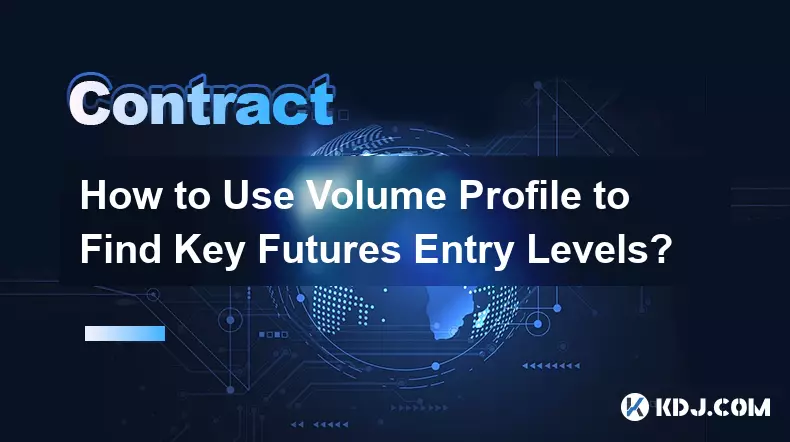
How to Use Volume Profile to Find Key Futures Entry Levels?
Feb 04,2026 at 11:39pm
Understanding Volume Profile Structure1. Volume Profile displays the distribution of traded volume at specific price levels over a defined time period...
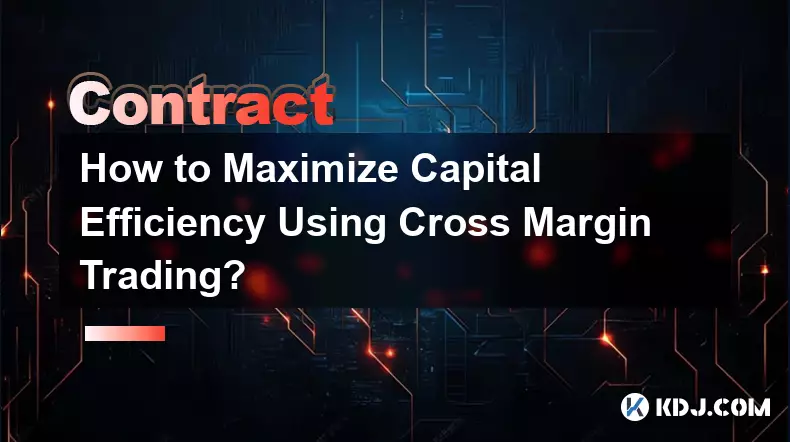
How to Maximize Capital Efficiency Using Cross Margin Trading?
Feb 05,2026 at 12:40am
Cross Margin Trading Fundamentals1. Cross margin trading allows traders to use their entire account balance as collateral for open positions across mu...
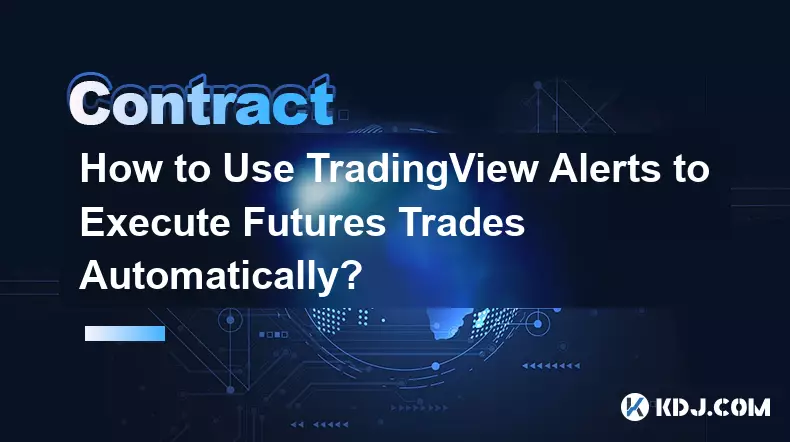
How to Use TradingView Alerts to Execute Futures Trades Automatically?
Feb 04,2026 at 09:00pm
Setting Up TradingView Alerts for Futures Contracts1. Log into your TradingView account and open the chart of the desired futures instrument—such as B...
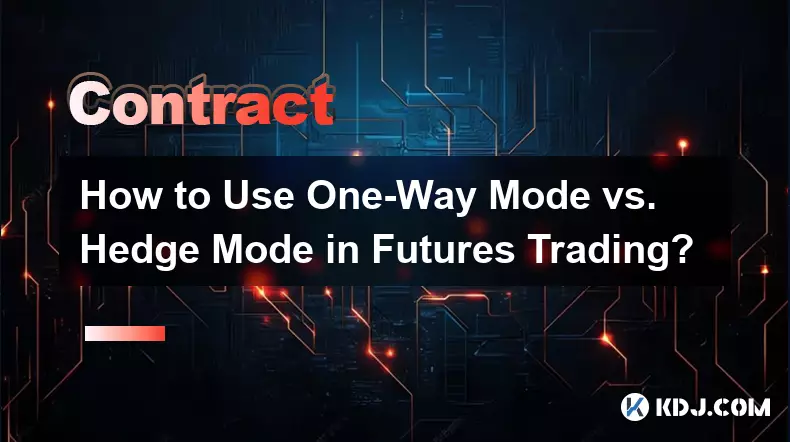
How to Use One-Way Mode vs. Hedge Mode in Futures Trading?
Feb 04,2026 at 06:19pm
Understanding One-Way Mode1. One-way mode establishes a single position direction per asset—either long or short—at any given time. 2. Traders cannot ...
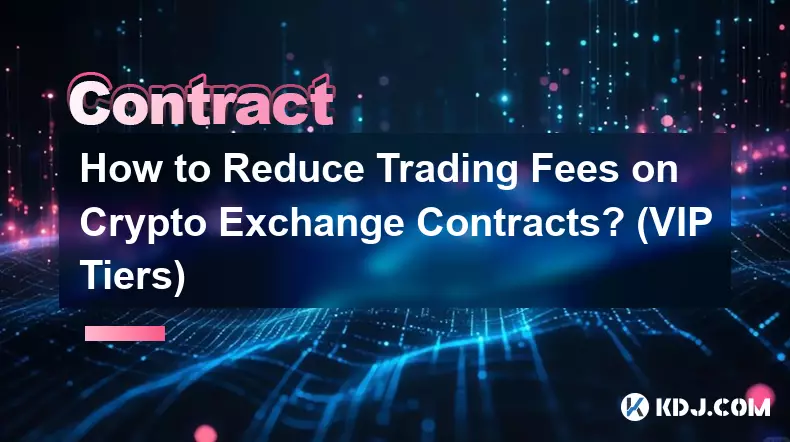
How to Reduce Trading Fees on Crypto Exchange Contracts? (VIP Tiers)
Feb 04,2026 at 10:20pm
VIP Tier Structure and Eligibility Criteria1. Each major crypto exchange implements a tiered VIP system where users qualify based on their 30-day cumu...

How to Manage Emotions and "Revenge Trading" in Futures?
Feb 05,2026 at 12:19am
Understanding Emotional Triggers in Futures Markets1. Market volatility directly impacts psychological states, often amplifying fear or euphoria based...

How to Use Volume Profile to Find Key Futures Entry Levels?
Feb 04,2026 at 11:39pm
Understanding Volume Profile Structure1. Volume Profile displays the distribution of traded volume at specific price levels over a defined time period...

How to Maximize Capital Efficiency Using Cross Margin Trading?
Feb 05,2026 at 12:40am
Cross Margin Trading Fundamentals1. Cross margin trading allows traders to use their entire account balance as collateral for open positions across mu...

How to Use TradingView Alerts to Execute Futures Trades Automatically?
Feb 04,2026 at 09:00pm
Setting Up TradingView Alerts for Futures Contracts1. Log into your TradingView account and open the chart of the desired futures instrument—such as B...

How to Use One-Way Mode vs. Hedge Mode in Futures Trading?
Feb 04,2026 at 06:19pm
Understanding One-Way Mode1. One-way mode establishes a single position direction per asset—either long or short—at any given time. 2. Traders cannot ...

How to Reduce Trading Fees on Crypto Exchange Contracts? (VIP Tiers)
Feb 04,2026 at 10:20pm
VIP Tier Structure and Eligibility Criteria1. Each major crypto exchange implements a tiered VIP system where users qualify based on their 30-day cumu...
See all articles










































































